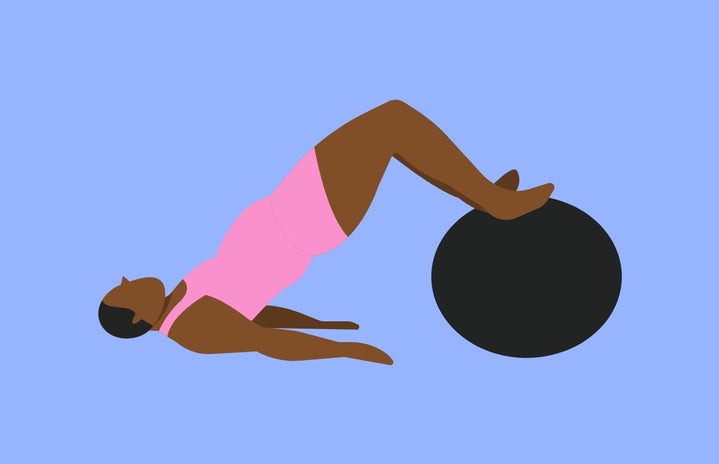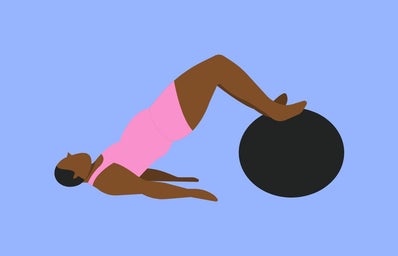Trigger warning: Eating disorders
From ages 11 to 18, I had a horrible relationship with my body. When I wasn’t starving it of what it needed or hating it for being too curvy, I was secretly ashamed of it. Why couldn’t I be taller? Or thinner? Why didn’t I have the thigh gap? Like many women, I was reminded of all the things my body wasn’t, and that was all I saw everywhere I went: thin mannequins, thin models, thin actresses. Because of the weak foundation with my relationship with my body, every time I tried to work out, it quickly became how many calories I was consuming each day, or it was about how much thinner I looked in pictures. Every workout tip was a trigger, and my unhealthy relationship with myself tainted every ounce of progress.
If you also have an unhealthy relationship with your body but want to improve it, then we have to start at the beginning: the foundation. When I was recovering from my disorders, I changed the way I viewed my body fundamentally. As women, our bodies are usually controlled by society. And like other things, society has warped its meaning. But our bodies aren’t just what they aren’t. They are also homes.
Do you ever stop to think about all the things our bodies endure? Our bodies take us throughout life: cold places, warm places, places that can be hard to navigate.
But your body is a temple. It endures.
Once I changed the way I viewed my body, I changed the way I treated it.
“My body does so much for me, yet I’m constantly trying to change it or hurt it. I need to protect it as it protects me.”
By changing your relationship with your body, you can change how you see working out. Working out isn’t only to make yourself thin. Working out is about making yourself stronger. I no longer saw jogging as a way to “work off” the food I just ate. I saw jogging as a way to improve my body’s functions and my endurance, and this changed everything.
Viewing working out as something that improves your quality of life and physical abilities instead of seeing it as a way to change your body makes the relationship healthy, sustainable, and long-lasting.
When my relationship with my body was unhealthy, I would only workout for a week or two because I would get so discouraged or overwhelmed. But now, working out is something I want to continue because I want my body to be healthy and loved, as women deserve to feel.
If you try working out and notice old behaviors, like the need to count calories or feeling guilty for rest days, change the question around. “Do I need to count the calories that I eat, or are those just old behaviors creeping up on me? Does my value diminish when I consume more than 1500 calories in one day?” The answer is no. It doesn’t.
The first step to fixing a behavior is noticing it. Notice the old ticks and try to reframe them in your mind. You don’t need to be thin to be beautiful. You just need to be you.
The change can be long-lasting for you, too. These words can only do so much. You have to heal at your own rate, but I hope these words help you get to a better place with your body when you do.



